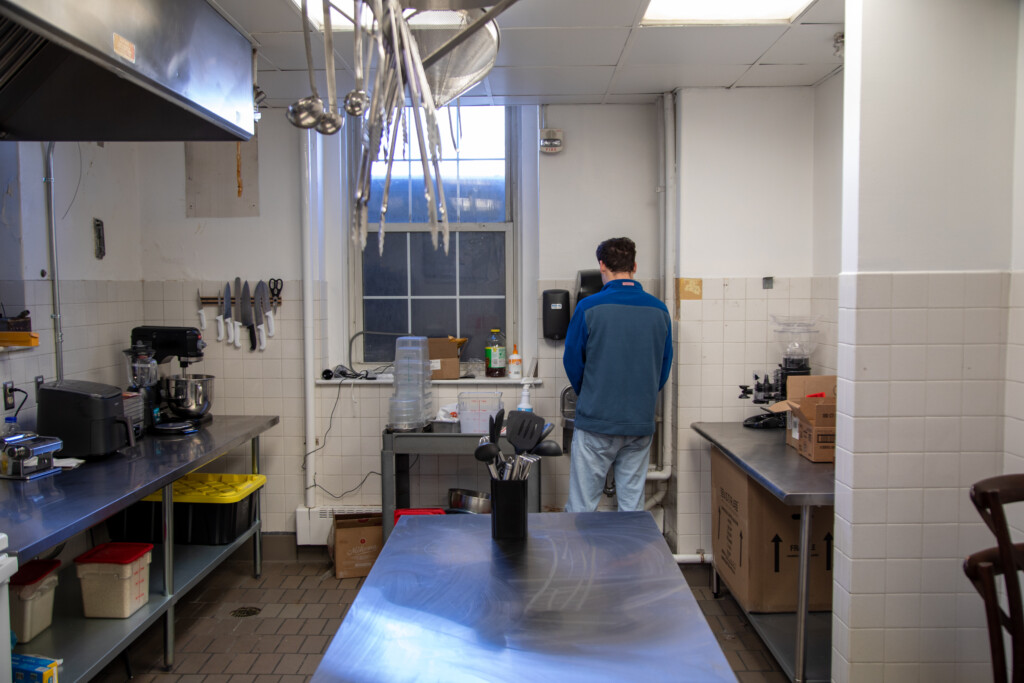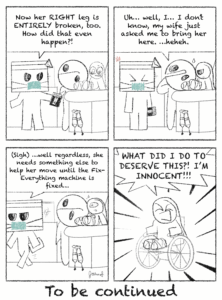The National Science Foundation last week awarded Professor Jack Werren of the UR biology department $5 million to study wolbachia, a bacteria present in insects. Professor Werren will be leading the team over the next five years as they try to determine how wolbachia alters insects’ biology and how the bacteria moves among species of insects.
“To date we don’t know much about how they are moving around,” Werren said.
Wolbachia are bacteria found in more than 20 percent of all insects. The bacteria are able to alter genetics and reproduction. Scientists believe that they play a vital role in the evolution of insects and that by studying them a greater understanding of evolution can be gained.
The project will be grounded here at UR, with research taking place around the nation. The University of California at Riverside, the University of California at Santa Cruz, the Smithsonian Tropical Research Institute, the American Museum of National History, the Marine Biological Laboratory and the Institute for Genomic Research will all be playing vital roles in the project.
“It’s an integrated research program studying different wolbachia in different labs,” Werren said.
The coordination between teams will occur in many ways.
“We have several aspects of the program to enhance coordination. Among them are student exchanges between laboratories, joint projects, [and] yearly meetings of faculty and students participating in the program,” Werren said. “Funds are set aside to promote exchanges among the laboratories.”
The $5 million will also allow for more research opportunities for UR students. “It gives opportunities for undergraduate, graduate and postdoctoral researchers. It also provides opportunities for intellectual exchanges between the participating institutions, which can lead to new collaborations,” Werren said.
The project is funded for the next five years. At the end of those five years, much more about wolbachia should be known. Professor Werren sounded hopeful about completing the project on time.
“I think we will achieve most of [the goals],” he said. “The nature of science is that often, you end up making discoveries and heading off into new directions, unforeseen when you begin a project.”
The research will not just help those with a doctorate degree. It will also be making its way into high school classrooms. “We’re developing a set of labs to teach molecular education and bio-informatics,” Werren said. These labs will then be used in undergraduate and high school classrooms.
This research will also provide “a better understanding of how parasites and hosts interact at the cellular, genetic, ecological and evolutionary levels,” Werren said. “I expect this wolbachia research will open up many new horizons.”
Pisarski can be reached at apisarski@campustimes.org.


